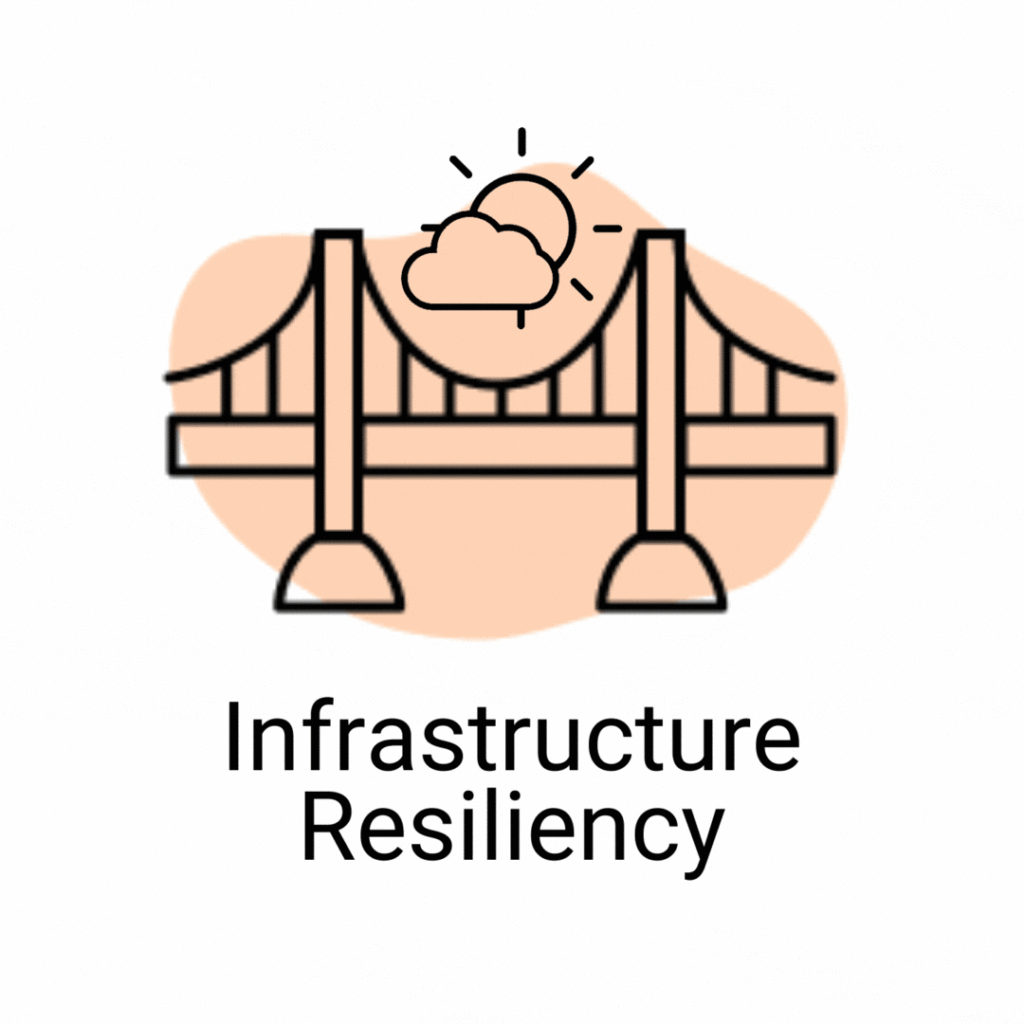The primary objective of this research project is to define quantifiable metrics that make it possible to adequately represent accessibility of EV charging infrastructure and to internalize these metrics in decision-support procedures and tools that are used by utilities and authorities to determine electricity rates (tariffs) and additional incentives to promote investments in EV charging infrastructure.
Accordingly, the proposed research effort will be organized in two phases:
Phase I. Metrics: Define metrics for evaluating the accessibility of EV charging, including:
- Affordability intends to characterize the cost of EV charging relative to the amount that the purchaser is able to pay
- Environmental benefits will be defined in terms of the social cost of abated CO2 emissions, air quality benefits, and public health benefits
- Quality of services seeks to measure the convenience of using EV charging stations
Additionally, to visualize the analyses using the proposed metrics, we will develop a web dashboard to convey key insights in a form conducive for decision-making with non-engineering backgrounds. This dashboard will display the proposed metrics overlayed with a map of NYC and use streaming data from NYC Open Data for continuous updates.
Phase II. Optimal Investments in EV Charging: Internalize the metrics developed in Phase I in decision-support tools for optimizing incentives and investments for public EV charging infrastructure. Using the metrics developed above, we will formulate a planning model to optimize the roll-out of EV charging infrastructure from the viewpoint of a benevolent urban planner (e.g. transportation authority or public service utility commission) that seeks to determine the most economic locations for prospective EV charging stations, while satisfying techno-economic constraints on the operation of the power and transportation systems and avoiding social imbalances across the city.







